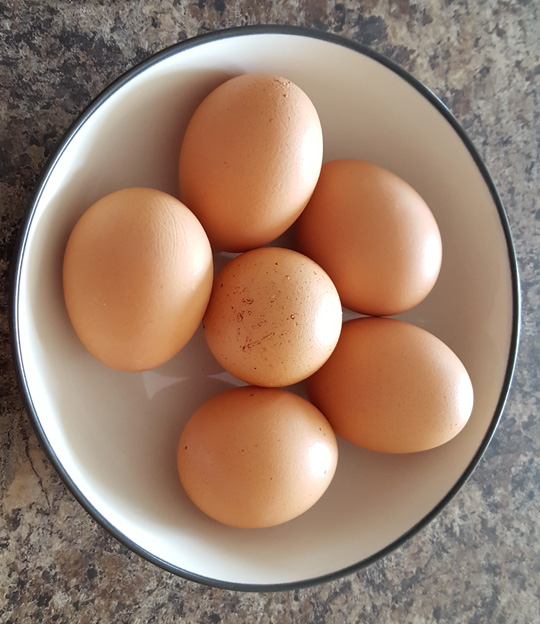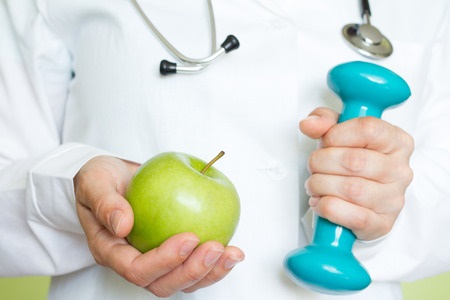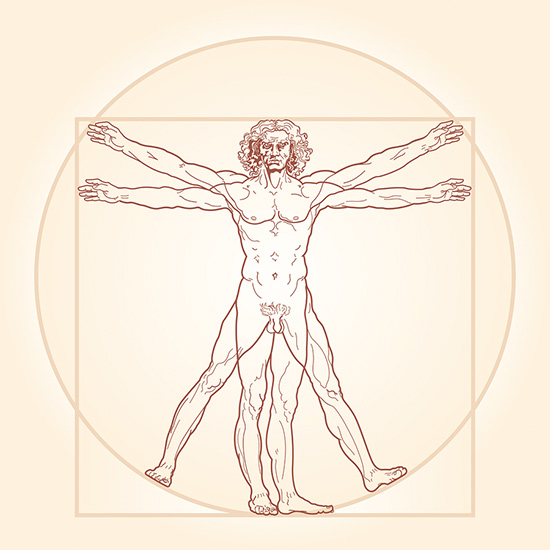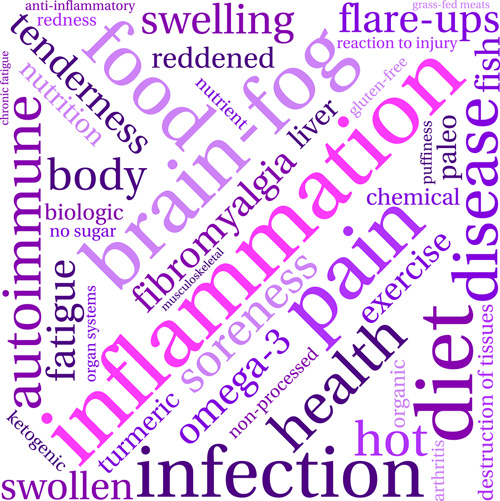Nutrition -- What You Need to Know
Optimal nutrition is necessary for physical activities and athletic performance. This includes protein, carbohydrates, and fats.
It is helpful to know the role that each of these plays, so you are appreciative of why your body needs them.

Protein for Optimal Nutrition
Protein is a complex compound of amino acids and is vitally important when considering the nutrition your body needs. It is found in virtually every body part and tissue.
Proteins are essential to the structure and function of all living cells, and important for tissue growth and repair, the immune system, building muscle, important for controlling insulin and blood sugar levels, maintaining neurotransmitters (brain function affecting emotional and mental health such as mood, ability to focus and concentrate), and hormone regulation.
Complete proteins contain all eight of the amino acids that humans cannot produce. Essential amino acids must come from food. Incomplete proteins are lacking in at least one essential amino acid.
 Eggs -- the perfect protein.
Eggs -- the perfect protein.Animal proteins contain all of the amino acids we need. Plants do not. Therefore, anyone seeking to use plants as their main, or only, protein source must be sure to eat a variety of plant sources to provide all of the amino acids that the body needs.
Vitamin B12, C fat that controls inflammation and is most preferred by the human body, and vitamin A are only found in animal products.
Protein deficiency may cause fatigue, insulin resistance, hair and pigment loss, loss of muscle mass, and hormone irregularities. Severe protein deficiency is fatal.
Excess protein can cause an overactive immune system, and liver dysfunction from increased toxins. It is important to increase water intake when you increase protein consumption.
Good sources of protein include: fish, lean meat and poultry, eggs, beans, soy products, and unsalted, raw nuts and seeds, and dairy products.
The USDA requirement for protein intake is too low. Remember, that the recommended daily amount of protein is the absolute minimum just to keep you above deficiency. The greater physical demands you place on our body, the greater your need for protein.
There is no one-size-fits-all in how much protein you need to consume. It depends on body size, muscle mass, and the physical demands you place on your body.
As we age, we need more protein to maintain or build muscle.
Carbohydrates for Optimal Nutrition
Carbohydrates are the body’s primary means of storing and consuming energy.
There are two types of carbohydrates: simple and complex. Complex carbohydrates may contain fiber, which can prevent stomach or intestinal problems (constipation).
Fruits and vegetables should make up the bulk of your daily nutritional needs.


 Consume ripe, colorful fruits and vegetables that contain higher concentrations of nutrients.
Consume ripe, colorful fruits and vegetables that contain higher concentrations of nutrients.Fats for Optimal Nutrition
Fats are essential in our diet and should comprise from 20-35% of our daily nutrition. Fats protect our organs, maintain cell membranes, promote growth and development, and assist in the absorption of essential vitamins.
There are three forms of fat: monounsaturated, polyunsaturated and saturated.
Saturated fats tend to be solid at room temperature, and include all animal fats, palm oil, coconut oil, and hydrogenated vegetable oil (shortening).
Unsaturated fats, which include monounsaturated fats and polyunsaturated fats, tend to be liquid at room temperature.
Monounsaturated
fats are found in avocados, peanut butter, some nuts, seeds and olive oil. Monounsaturated fats should make up the bulk of fat in our diet. It raises good HDL and lowers bad LDL, helps control inflammation and reduces the harmful effects of saturated fat.
Polyunsaturated fats are found in red meat, milk products, palm and coconut oil. This fat is also found in vegetable oils such as safflower, peanut, corn, and canola oils. All vegetable oils should be avoided. Use extra virgin olive oil instead.
Trans fats are found in stick margarine and vegetable shortening. Avoid all trans fats.
Always choose unsaturated fats over saturated fats and trans fats.
When reading about the importance of nutrition, don't forget about hydration!
Hydration and Athletic Performance
I have read sources that include alcohol as a nutrient. However, it is not technically a nutrient because our body doesn’t need it to function. So, I exclude it as a nutrient even though red wine does provide a health benefit. The beneficial component of red wine is Resveratrol, which can be purchased as a supplement in health food stores if you don't want to drink the wine.
Topics That May Interest You
Some of the advertisers on my website are affiliate partners, which means that I may receive a small commission from any sale, at no extra cost to you. For example, as an Amazon Associate I earn a small commission from qualifying purchases.
Your purchases help to support this free-information website. Thank you.
The content of this website is for informational purposes only and not intended to be taken as a replacement for professional medical advice, care, diagnosis or treatment by a doctor, dietitian, physical therapist, nutritionist or fitness instructor.
DO NOT BEGIN ANY EXERCISE PROGRAM WITHOUT CHECKING WITH YOUR DOCTOR FOR UNDERLYING CONDITIONS THAT MAY PREVENT YOU FROM DOING SO.





